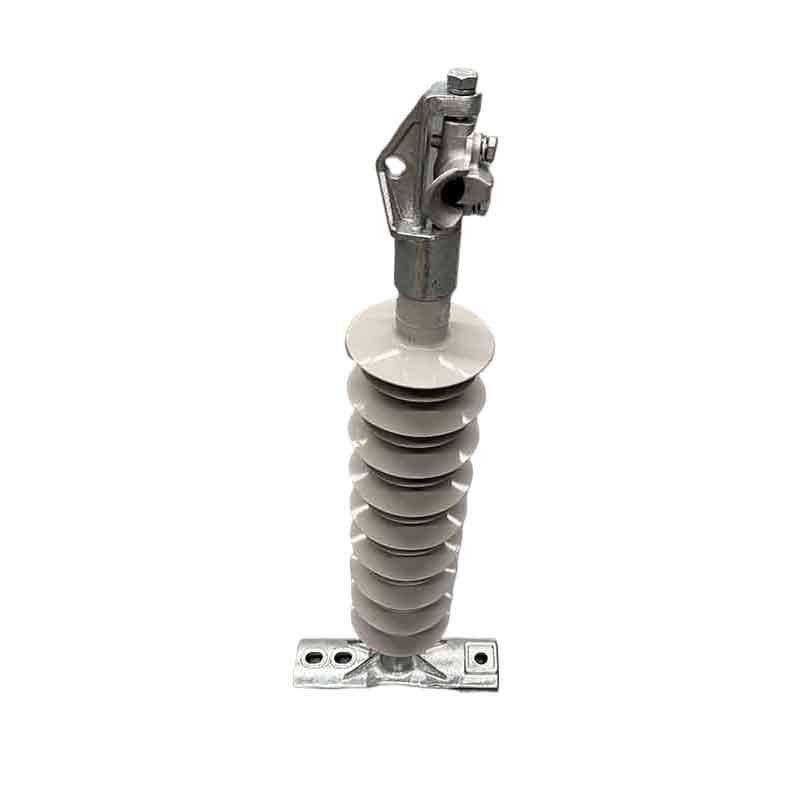
Add:Zhicheng Technology Park, 386 South Second Ring, Wuyao Township, Lianchi District, Baoding City, Hebei Province
Tel:+86 18731278108
Quote Now
Solutions for Your Industry, Ready for Your Choice
Understanding Composite Tension Insulators for Power Lines: A Comprehensive Guide
Release time:
2025-11-12
Composite tension insulators are a pivotal component in the electrical power transmission industry, particularly in overhead power lines.

Composite tension insulators are a pivotal component in the electrical power transmission industry, particularly in overhead power lines. These insulators play a crucial role by supporting the conductors and maintaining necessary separation from the ground and other structures, ensuring safe and reliable power distribution.
The primary function of composite tension insulators is to provide mechanical strength while preventing electrical conduction. Made from advanced composite materials, these insulators are designed to withstand significant tensile loads and environmental stresses. The use of composite materials, typically a combination of fiberglass and epoxy resin, enhances their durability and resistance to various weather conditions, including UV radiation, moisture, and pollution.

One of the most notable advantages of composite tension insulators is their lightweight nature compared to traditional porcelain or glass insulators. This characteristic simplifies the installation process, reduces transportation costs, and minimizes the overall load on supporting structures. Additionally, their design often includes a streamlined profile that helps reduce wind loading, which is particularly beneficial in areas prone to high winds.
Another critical aspect is the electrical performance of composite tension insulators. These insulators exhibit excellent dielectric properties, ensuring that the insulation withstands high voltages without breakdown. Their hydrophobic properties also prevent water accumulation, reducing the risk of electrical failures during rain or wet conditions.
Furthermore, maintenance of composite tension insulators is generally less demanding. Unlike porcelain or glass insulators that can suffer from surface contamination, composite materials are often self-cleaning due to their smooth surfaces and hydrophobic characteristics. This means that they are less likely to require regular cleaning, thus lowering long-term maintenance costs.
When it comes to installation, it’s essential to follow strict guidelines to ensure optimal performance. Proper alignment, tensioning, and securing of the insulators are crucial to leverage their full potential. Moreover, selecting the right type of composite insulator depends on several factors, including the environmental conditions of the installation site, the mechanical load requirements, and local regulations.
In conclusion, composite tension insulators are an innovative solution in the electrical insulation sector, offering a combination of strength, lightweight characteristics, and excellent electrical performance. Their ability to resist environmental challenges makes them a preferred choice for modern power line applications. As the demand for reliable and efficient power transmission continues to grow, understanding the benefits and proper implementation of composite tension insulators becomes increasingly important for industry professionals.
Key words:
Related News
Contact Us
Add:Zhicheng Technology Park, 386 South Second Ring, Wuyao Township, Lianchi District, Baoding City, Hebei Province
Tel:+8618731278108
Whatsapp:+8618731278108
Advisory message


